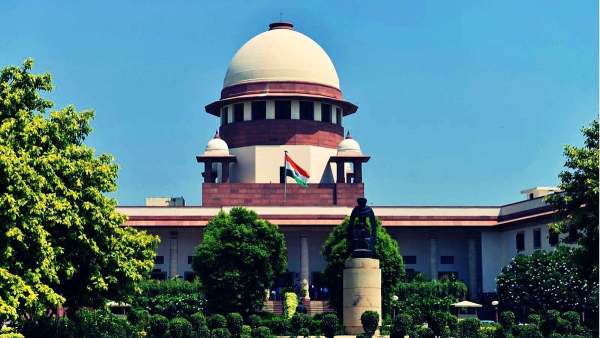
The Supreme Court order mandated that teachers with more than five years of service left must qualify the TET or face compulsory retirement. The ruling, intended to raise teaching standards, has placed an estimated 2 lakh teachers in State, the highest in any state at risk of losing their jobs. Many of these teachers were appointed before TET was first introduced in the state in November 2011.
Lucknow: The Uttar Pradesh government has decided to file a revision petition in the Supreme Court against its September 1 ruling that made the Teacher Eligibility Test (TET) mandatory for all serving teachers. The decision follows statewide protests and rising anxiety among the teaching community.
The Supreme Court order mandated that teachers with more than five years of service left must qualify the TET or face compulsory retirement. The ruling, intended to raise teaching standards, has placed an estimated 2 lakh teachers in Uttar Pradesh, the highest in any state at risk of losing their jobs. Many of these teachers were appointed before TET was first introduced in the state in November 2011.
Chief Minister Yogi Adityanath directed the Basic Education Department to prepare the petition, stressing that years of experience and government-led training programs must be considered. “Ignoring the qualifications and service of our teachers is not proper,” he said.
The state government is also expected to propose specialized training courses for non-TET teachers as an alternative compliance measure. The move has been welcomed by teacher unions, including those that have been holding demonstrations in Prayagraj, Basti, and other districts. However, the situation has taken a tragic turn, with reports from Hamirpur and Mahoba that two teachers died by suicide following the court verdict, according to their families.
The Uttar Pradesh Primary Teachers Association has also urged the government to seek clarification from the National Council for Teacher Education (NCTE). The association argues that amendments to the Right to Education Act, 2009, should not be retrospectively applied to teachers appointed before the law came into force.
As the first state to legally challenge the ruling, Uttar Pradesh’s petition will be closely followed nationwide. Education experts say the outcome could directly affect nearly 10 lakh teachers across India who face uncertainty in light of the Supreme Court’s decision. The case is expected to reopen debate on balancing quality standards in education with protecting the livelihoods of long-serving teachers.